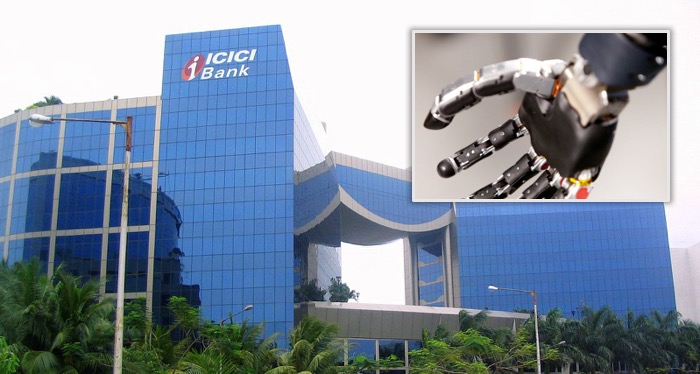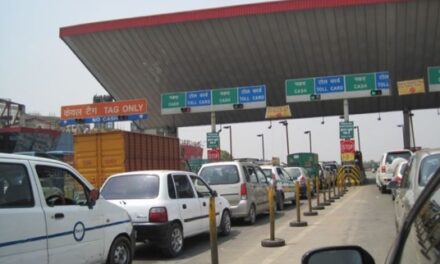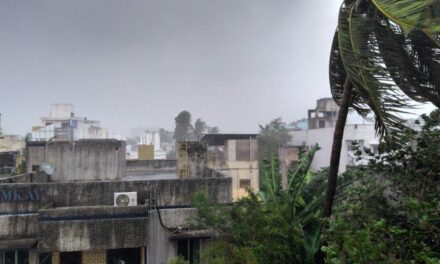
ICICI becomes 1st Indian bank to deploy ‘robotic arms’ to count currency notes


ICICI Bank has deployed 14 machines at 12 cities, which help sort over million notes on all working days or about 1.80 billion notes annually (Inset Picture Representational, Courtesy: Protothema)
ICICI Bank has become the first in the country to deploy ‘Robotic Arms’ to count millions of currency notes at its currency chests across the country.
According to Anubhuti Sanghai, ICICI Bank’s Head of Operations & Customer Services, the Robotic Arms are currently functioning at Mumbai, Sangli, New Delhi, Bengaluru, Mangaluru, Jaipur, Hyderabad, Chandigarh, Bhopal, Raipur, Siliguri, and Varanasi.
These 14 machines (Robotic Arms) deployed in 12 cities help sort over six million notes on all working days or about 1.80 billion notes annually, she said.
“This brings in a frictionless and mechanised process of note-sorting, leading to higher accuracy and flexibility to handle large volumes continuously. It has enabled the bank personnel to focus on other value-added and supervisory functions,” Sanghai added.
ICICI is the first commercial bank in India and among a few banks globally to customise and deploy industrial robots to automate and perform repetitive high volume steps in handling cash processing on high-end note sorting machines, the official said.
“The Robotic Arms use a combination of sensors to check over 70 parameters within second that enable them to operate continuously and seamlessly without break,” Sanghai explained.
Per Reserve Bank of India’s (RBI) ‘clean note’ policy, banks operate currency chests which collect cash from various branches and other centres, sorts them on high-end note-sorting machines and re-send them to branches/ATMs for dispensing to customers.
The Robotic Arms feed on unprocessed cash in three high-end note-sorting machines, pick up the processed cash from the output stackers, align the loose notes, bind the packets and finally drop them in the respective trays as per the quality of the note.
The private sector lending major is planning to invest more in further mechanisation of note sorting technology with next-generation machines across all its currency chests.












